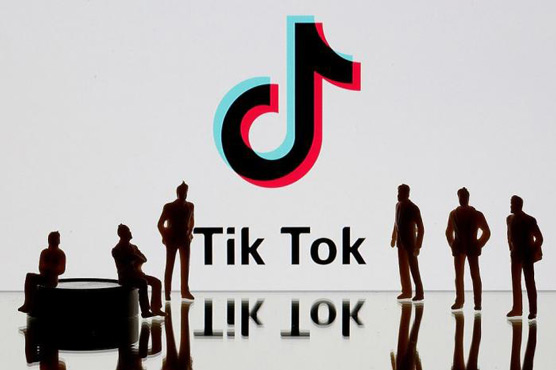TikTok owner says will abide by new Chinese export rules

The new regulations could make it more difficult for Bytedance to sell the wildly popular video app
BEIJING (AFP) - The owner of popular video app TikTok said Sunday it will "strictly abide" by China’s new export rules, which could potentially complicate a sale of the business as demanded by US President Donald Trump.
TikTok has been at the center of a diplomatic storm between Washington and Beijing, and Trump signed an executive order on August 6 giving Americans 45 days to stop doing business with TikTok’s Chinese parent company ByteDance -- effectively setting a deadline for a sale of the app to a US company.
But China’s commerce ministry published new rules on Friday that added "civilian use" to a list of technologies that are restricted for export.
The new regulations could make it more difficult for Bytedance to sell the wildly popular video app, which features clips of everything from dance routines and hair-dye tutorials to jokes about daily life and politics.
Walmart, which confirmed Thursday that it has joined forces with Microsoft in negotiations to buy TikTok, has not yet commented on the new rules, while Microsoft declined to comment when asked by AFP.
Bytedance said in a statement it would "strictly abide" by China’s technology law and its list of restrictions "to handle business relating to the import and export of technology."
The move marked the first time China has adjusted its list of technologies subject to export bans or restrictions since 2008, adding 23 new items.
An interview with a professor in official news agency Xinhua on Saturday suggested the change could mean Bytedance has to get approval from the Chinese government to sell its technology to an American company.
Earlier this week, TikTok CEO Kevin Mayer quit the company, days after TikTok filed a lawsuit challenging the crackdown by the US government.
TikTok -- which has been downloaded 175 million times in the US and more than a billion times around the world -- argued in the suit that Trump’s order was a misuse of the International Emergency Economic Powers Act because the platform is not "an unusual and extraordinary threat."

